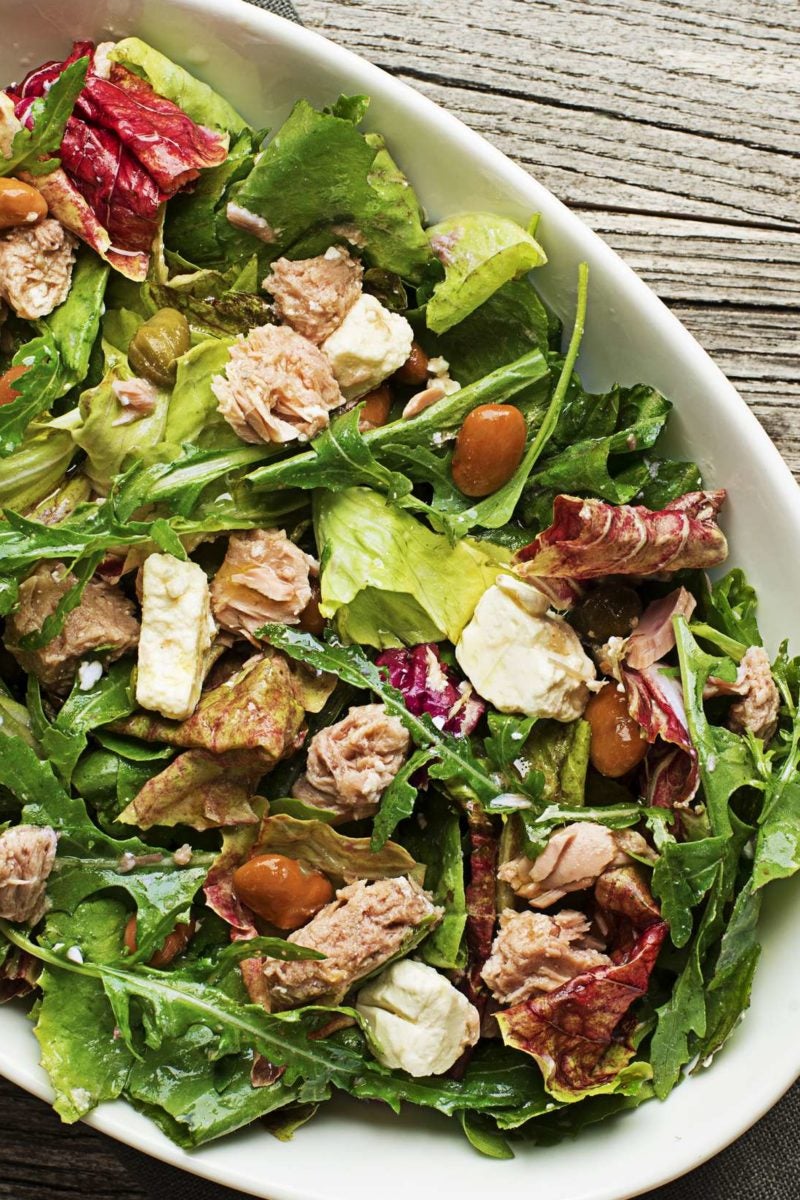May 17, 2016
For more than 80 years doctors have believed that stomach acid backing up through the esophagus causes the damage to the lining of the esophagus in patients with gastroesophageal reflux disease (GERD). However, researchers at the University of Texas Southwestern Medical Center and Dallas VA Medical Center have proven that it’s actually an inflammatory response prompted by the secretion of proteins called cytokines.
“Although this radical change in the concept of how acid reflux damages the esophagus of GERD patients will not change our approach to its treatment with acid-suppressing medications in the near future, it could have substantial long-term implications,” said Dr. Stuart Spechler, senior study author and a professor of internal medicine at UT Southwestern and chief of the department of gastroenterology at the Dallas VA Medical Center, according to a news release.
Researchers analyzed patients who had an injury to the lining of the esophagus, which is called reflux esophagitis, and had been successfully treated by proton pump inhibitors (PPIs). They hypothesized that GERD might redevelop if PPIs were stopped, which would allow researchers to observe the early stages of the disease. According to the news release, in 11 of 12 patients with reflux esophagitis changes to the esophagus reoccurred after the PPIs were stopped, but the changes were not consistent with chemical burns.











